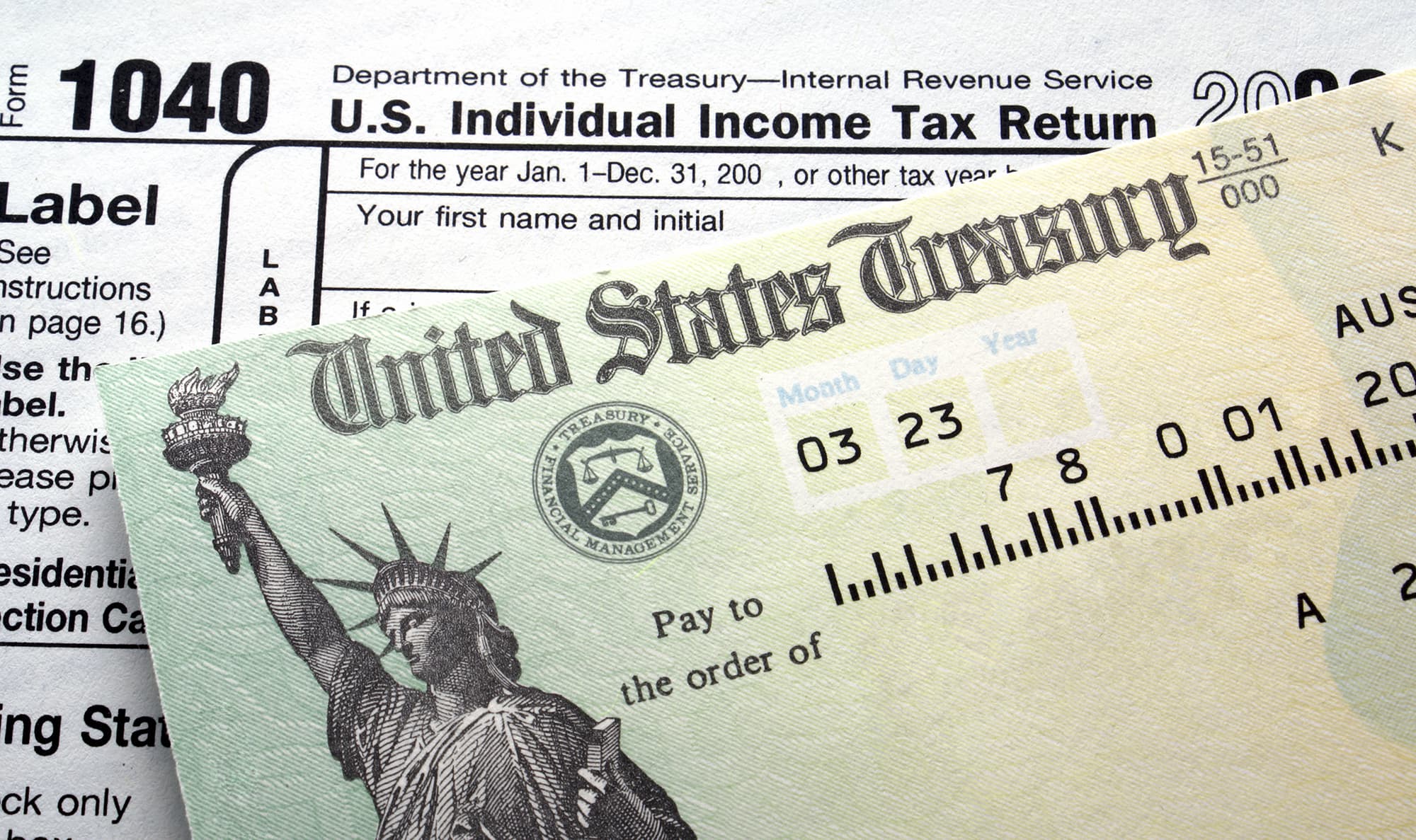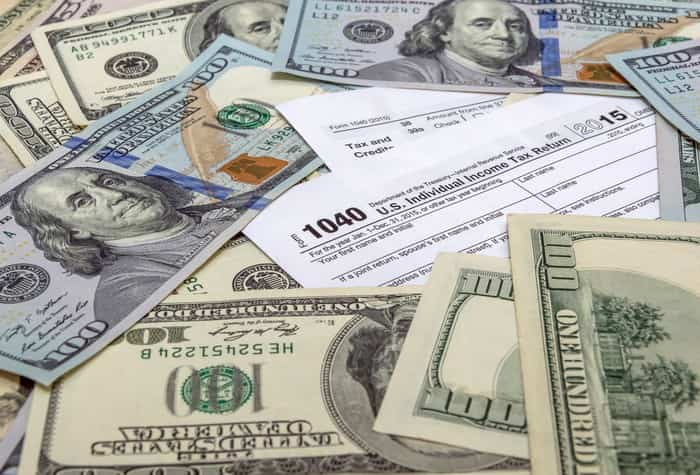Over 2 million Minnesotans were shocked when the IRS announced that the roughly $1 billion in Minnesota state tax rebates received last autumn would be subject to federal income taxes. Despite state officials’ urgent pleas, the federal tax effect maybe $26 to $286 per person, depending on income and quantity received.

Minnesota State Tax Rebates Hit With Federal Taxation (Photo: Google)
State Department of Revenue Provides Solution Amidst Unexpected Federal Taxation
In response to the IRS, the state Department of Revenue has provided rebate beneficiaries with a form to file their federal individual income tax forms. State taxes will not apply to refunds. The unexpected federal taxes surprised taxpayers and state officials.
The IRS has treated rebates as federally taxable income since December. Democratic Governor Tim Walz and Minnesota’s congressional delegation responded to this decision after being astonished. The IRS denied reconsideration in recent letters to U.S. Representatives Pete Stauber and Angie Craig despite lobbying.
The rebates were neither general welfare nor catastrophe relief, which are exempt from federal taxes, according to IRS Commissioner Daniel Werfel. This difference has sparked Minnesotan dissatisfaction and resentment.
READ ALSO: Child Tax Credit Expansion: A Vital Step Towards Alleviating Financial Strain On Low-Income Families
Unraveling the Controversial Minnesota State Tax Rebates in the Shadow of Federal Decision-Making
Rebates were passed as part of a larger tax cut plan in the 2023 parliamentary session. This proposal sought to distribute some of the state’s estimated $17.6 billion budget surplus. Different rebate amounts were available to individuals and married filers with certain income criteria, including families with dependents.
During the IRS decision controversy, Republican U.S. Representative Pete Stauber blamed “careless legislative mistakes” by the Walz administration and Democratic-controlled Legislature in tax bill creation. On the other side, Governor Walz said that Minnesota was unjustly penalized since the IRS did not compare its refunds to pandemic assistance in other states. Governor Walz approved rebate legislation on May 24 after the federal government terminated the COVID-19 health emergency on May 11.
As Minnesotans face unanticipated federal taxes on state refunds, the issue highlights the intricate relationship between state and federal laws. The aftermath increases taxpayer costs and raises issues about how federal choices affect state-initiated relief efforts.

















































